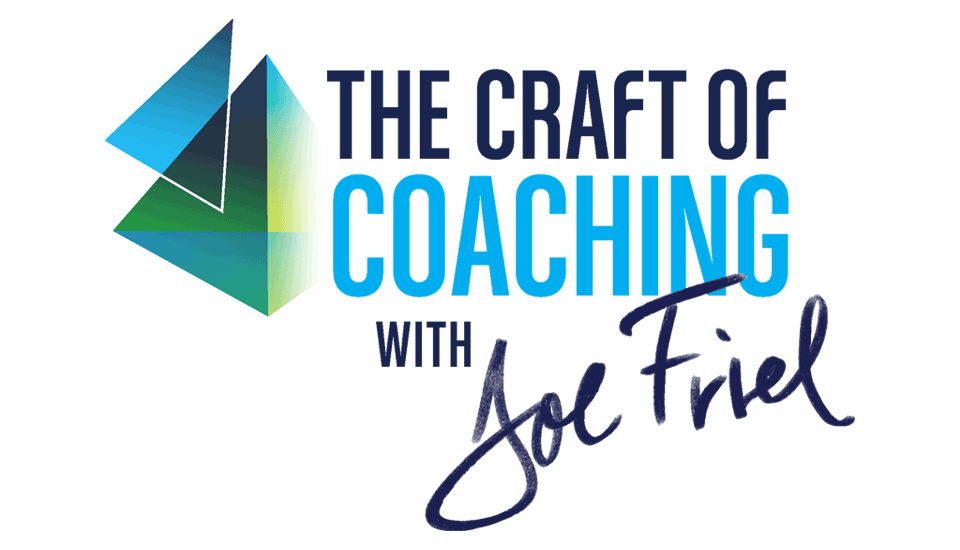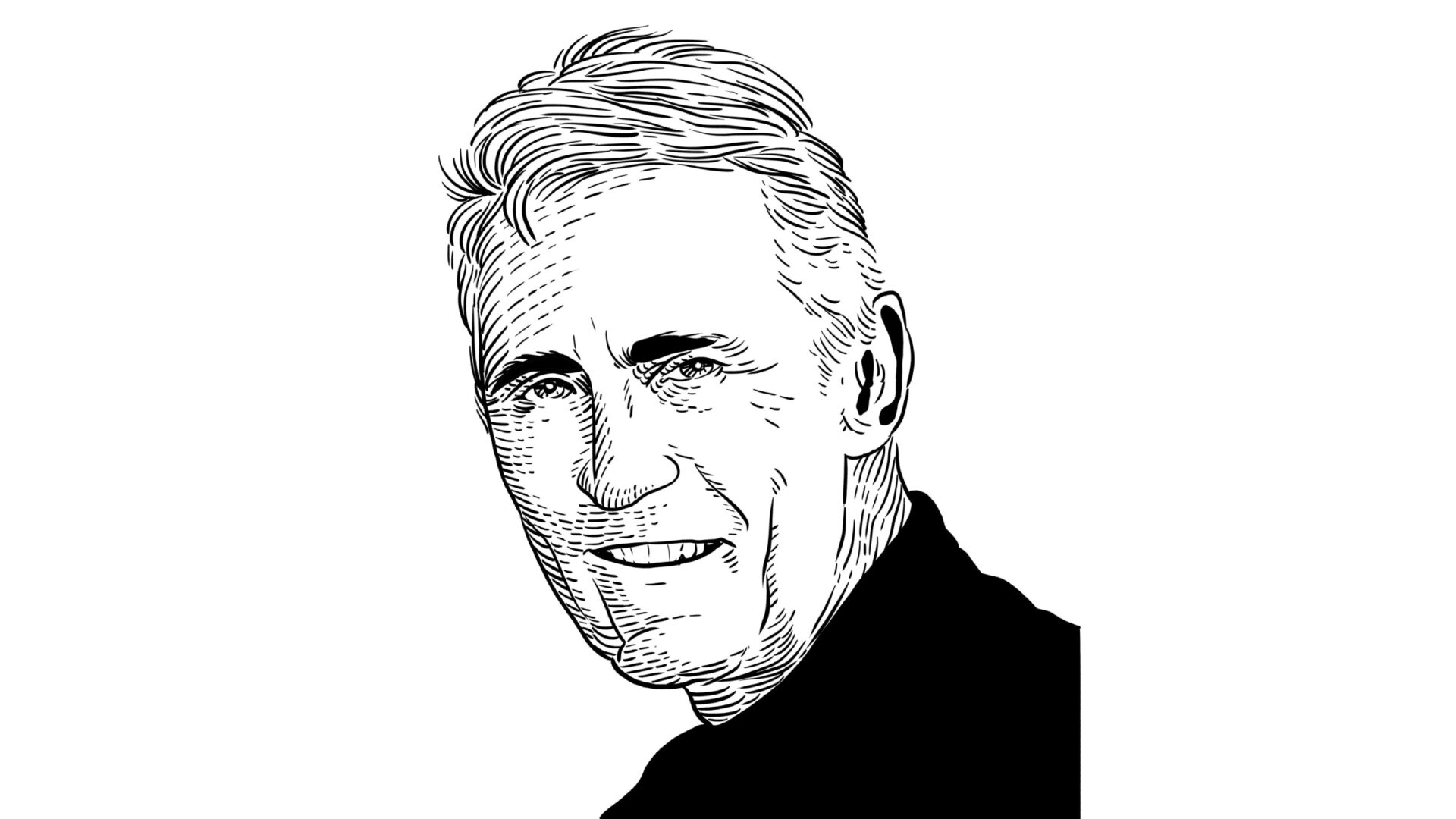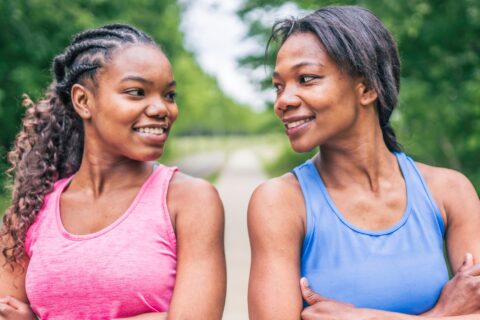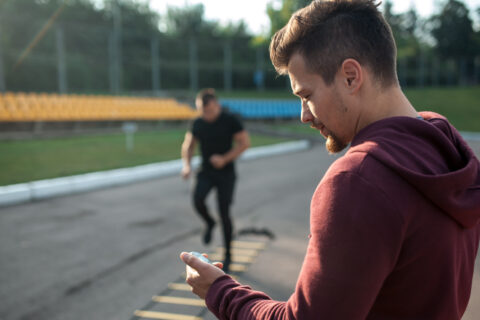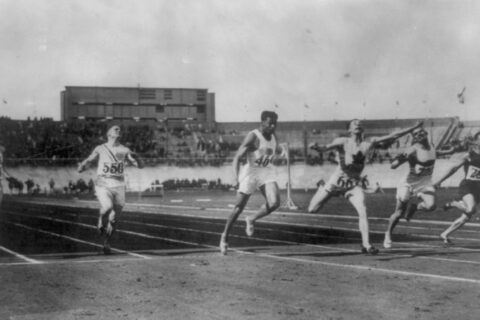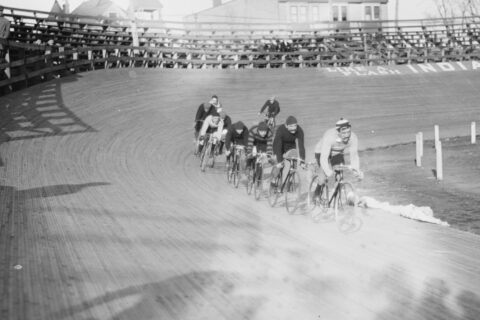As an athlete, I always appreciated that Joe was incredibly straight-forward and realistic with my goals and what he thought I could accomplish. As a coach, he thought of me developmentally, and led me through that long process. He’s a very calculated, cognitive coach, and good at thinking about how to progress athletes. Right from the start, Joe wasn’t promising me the world. He told me it was going to take some time.
We set very specific long-term and short-term goals. Really, my expectations for what I was hoping to accomplish ended up being pretty much in line with what I was able to do. I always hit those targets.
Joe had a lot of belief in me, which is something I have transferred into my own coaching. It was a palpable feeling I got from him. That was a huge part of my success as an athlete—his belief in me.
Developing rapport and trust
I started working with Joe nine months into my triathlon career. I made the decision to seek him out because I was coming from four years of purely running as an All-American at the University of Wyoming. I knew what made me a good runner—how to train that and train that well. But balancing that across three sports was so much more complicated.
In going to Joe for coaching, I was really asking for help in finding that balance. I was probably on the verge of cooking myself at the time. I had these internal beliefs about what I thought would make me good. But at the same time, I knew I needed to be ready to put 100 percent faith into Joe and his program. That was the challenge, to listen to my body, but also believe and put 100 percent of my faith in him.
Naturally, trust takes time. I point this out to my athletes up front. It’s going to take a long for me to learn everything I need to know about you and your physiology. Also, it will take a while for you to have full trust in me. This conversation is important because it establishes an expectation that the athlete should be asking questions and I will have plenty questions along the way. I am always looking to establish a collaborative process and give the athletes ownership of what they are doing. I want them to be able to give me feedback. This is a collaborative process. As a coach, I can look at the numbers and the data, but I need my athletes to give me feedback.
I felt that Joe approached coaching in the same way, as an open and collaborative process.
Balancing subjective and objective data
I most appreciated Joe’s stoic and calculated approach. It provided me with feedback and made me trust the process. Joe was always great at taking all of that subjective and objective data into account. Of course he is known for being an analyst, and he does that so well, but it’s that balance of the subjective and objective information that is so important. I think that’s what some coaches miss. You can crunch numbers all day long. Or you can be an old-school, “meat-and-potatoes” coach who uses less technology and data and just looks to train hard. But, the really successful coaches balance those two things.
Sometimes my athletes will tell me they find me pretty stoic, telling me, “It’s hard to get a real big rise out of you. I’ll have the best race or the best workout of my life, and you will say, ‘Hey, that’s great. And here are some other things we can be working on.’”
This is how I remember it being with Joe, too. However, I do like to tell people the story of when I was at the Olympic Trials—I wasn’t having the best race of my life. Joe was there on the sidelines, reading my splits to me. I did feel really good on the run. I remember seeing Joe suddenly jumping up and down and yelling at me. That was the most excited I’ve ever seen him. I thought to myself, I must be doing something really special.
As a coach, I’m always wanting to learn more about the objective and subjective side of coaching. It’s hard—I want to make sure that I am learning the new technologies that are pertinent and not wasting my time on things that superfluous. For me, it’s about finding those innovations that are changing the sport and really learning them.
Communication
Also, as I get older and work with more athletes, I’m always perfecting the best ways to communicate with athletes.
As a coach, I’m interested in learning each specific athlete and innately knowing what each athlete needs according to the science and their unique physiology and personality. Each athlete is such an individual. It takes a lot of time to make them really successful. That’s the challenge because I only have so much time in a day. Balancing all of those factors is difficult.
That would be the great thing about winning the lottery—I would still coach. But I would have all the time I wanted to work with a few athletes and really learn how to make them great.
As coaches, we have core principles. I still believe in those fundamentals, but each person is still an individual. I tell my athletes, when we apply this method to you and your unique physiology, it’s going to look different.
Performance—it’s all relative
If I were talking frankly to coaches, I’d be the first to admit how hard it is to make money when you are just working with pro athletes. You have to pay bills.
But one thing I love about age groupers is that they really keep me on my toes. I get so performance-minded with my pros. My age-group athletes will ask me questions that bring me back to the roots. Also, they are on top of new technology and gadgets and every once in a while they will teach me something. (There are also times when I need to raise the bullshit flag.) And they keep me sharp about the things I forget about…like, what do you do in T1?
With my pros, I want them to perform at the highest level. With age groups, it’s fun to watch them perform at their highest level—it’s all relative. I encourage my athletes be reasonable about comparison, asking, “How are you doing compared to others in your age group?” Naturally, an athlete who is 50 or 60 years old, they’re not going to put out the numbers they used to, but it’s still possible to see success and growth.
